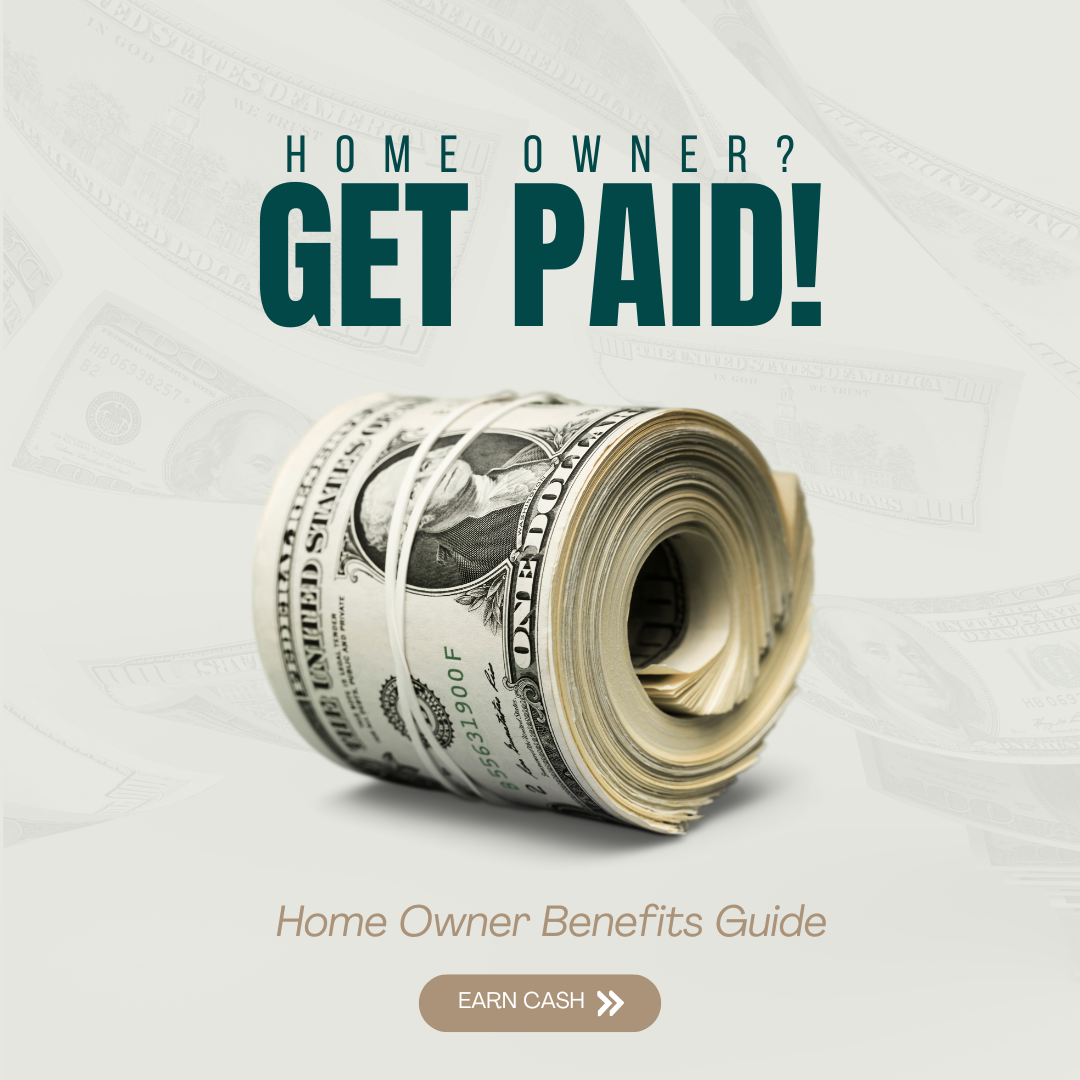FHA Cash-Out Refinance: Unlocking Equity for Financial Flexibility

If you're a homeowner with an FHA mortgage and you've built up equity in your home, you may be sitting on a financial resource you can tap into. An FHA cash-out refinance offers a way to access the equity you’ve built, providing cash for things like debt consolidation, home improvements, or unexpected expenses. Let’s dive into the basics of FHA cash-out refinancing, how it works, and the potential benefits for you.
What is an FHA Cash-Out Refinance?
An FHA cash-out refinance allows you to replace your current mortgage with a new loan that’s larger than what you owe. The difference between the new loan amount and your existing mortgage balance is paid out to you in cash, which you can use for nearly any purpose. This type of refinance is insured by the Federal Housing Administration (FHA), making it an attractive option for homeowners who may not qualify for conventional loans due to credit or financial history.
How Does an FHA Cash-Out Refinance Work?
Benefits of FHA Cash-Out Refinancing
1. Access to Cash for Important Expenses With a cash-out refinance, you can use the funds for anything that requires extra cash. Some common uses include:
2. Lower Interest Rates Compared to high-interest debt like credit cards, mortgage interest rates are often lower. By consolidating higher-interest debt with a cash-out refinance, you may save money over time.
3. Potential Tax Benefits Interest on mortgage loans may be tax-deductible, making it advantageous to use a cash-out refinance for home-related expenses. Consult a tax advisor to understand the specific benefits for your situation.
4. Flexible Qualification Requirements FHA cash-out refinance loans are designed to be accessible. Even if you have a lower credit score or a higher debt-to-income ratio, you may still be eligible.
Considerations and Potential Downsides
1. Mortgage Insurance Premium (MIP) FHA loans require mortgage insurance, which can add to your monthly payment. With an FHA cash-out refinance, you’ll pay an upfront MIP, as well as annual premiums, until you build enough equity in your home.
2. Higher Loan Balance By refinancing with a cash-out, you’re increasing your loan balance, which may extend your loan term or increase monthly payments. Consider your future financial goals before making a decision.
3. Closing Costs Refinancing involves closing costs, which can be substantial. Factor these into your calculations to determine if the benefits of an FHA cash-out refinance outweigh the costs.
Is FHA Cash-Out Refinance Right for You?
If you’re considering an FHA cash-out refinance, it’s important to evaluate your personal financial goals and how you plan to use the funds. Here are some scenarios where it might make sense:
How to Start the Process
Conclusion
An FHA cash-out refinance could be a strategic way to leverage your home’s equity for additional financial flexibility. It’s ideal for homeowners looking to consolidate debt, fund home improvements, or cover major expenses. By understanding how it works and weighing the pros and cons, you can decide if this option aligns with your long-term financial goals.
Remember, refinancing is a big financial decision. Be sure to talk to a financial advisor or mortgage professional to explore all your options and ensure you’re making the best choice for your unique circumstances.





